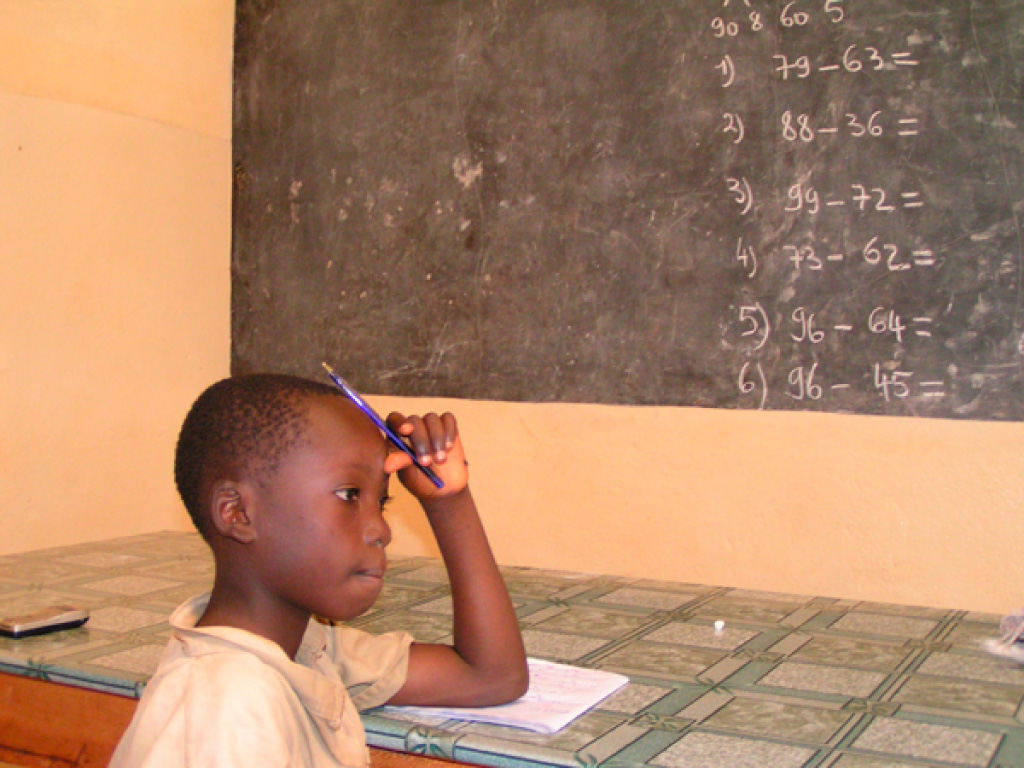
During the last two weeks, he WFP Centre of Excellence against Hunger supported the WFP Country Office and he Government of Burundi to organize a workshop for the elaboration of the Implementation Strategy of the National School Feeding Policy (NSFP) and for consultations with stakeholders from the government and other partners involved with the Policy. The event was held from 18 to 20 September.
The Policy was approved in November 2018. It was elaborated with the support of the WFP Centre of Excellence and the WFP Country Office based on various experience exchanges with Brazil and other Southern countries during the Global Child Nutrition Forum (GCNF). The Policy has as its strategic objectives: to raise awareness about the consumption of nutritious food and consequently enrollment in schools; to promote the development of local agriculture; to improve the equitable learning of school children; to establish a stable market for local food produced by small farmers; to promote multisectoral partnerships; and to strengthen governance for policy implementation.

From 9 to 20 September, the expert from Centre of Excellence, Mariana Rocha, was on a mission in the country to present the results of the project and to participate in the workshop to gather the information needed for the elaboration of the Implementation Strategy, which will outline the next steps for operationalization of the Policy for the next 15 years.
School feeding in Burundi currently reaches 820,000 students. Held with the support of the World Food Programme, the Policy buys 30% of the food served in schools from smallholder cooperatives, encouraging the local agriculture and economy. It also includes partnerships with the private sector that foster local milk production and allows the provision of nutritious food for the students.





